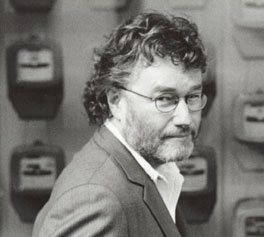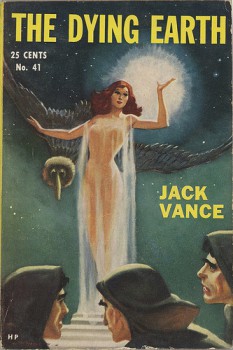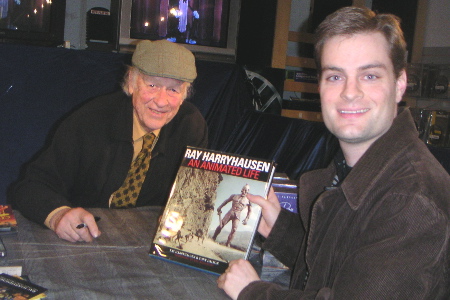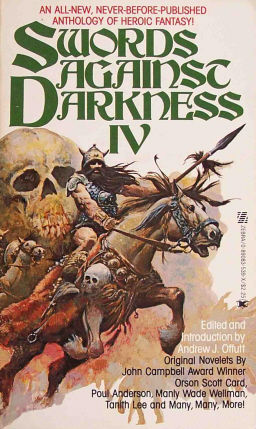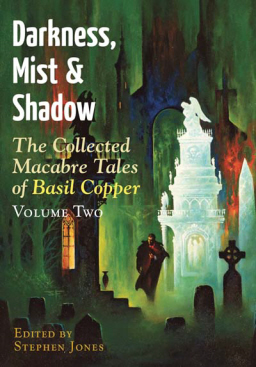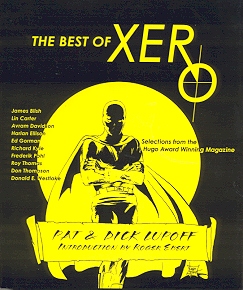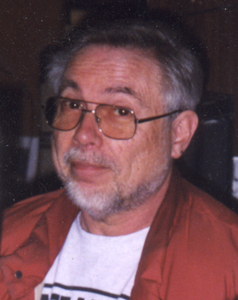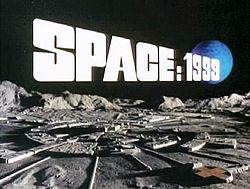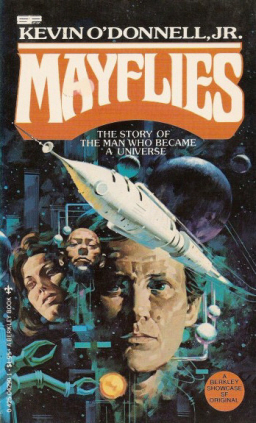Kim Thompson, September 25, 1956 – June 19, 2013
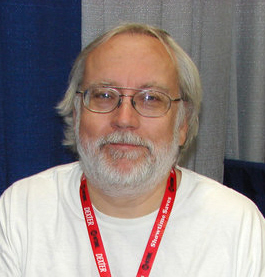 Kim Thompson, one of the most important figures in independent American comics, died today at the age of 56.
Kim Thompson, one of the most important figures in independent American comics, died today at the age of 56.
I first encountered Thompson during his days as editor of Amazing Heroes in the early 1980s. Amazing Heroes, which ran 204 issues from 1981 through 1992, was Fantagraphics’ version of The Comics Journal for superheroes, a serious (or at least, semi-serious) critical fan journal that ran articles on overweight superheroes, how Bob Burden narrowly escaped flaming death in Chicago, every move Jack Kirby ever made — and even produced an annual swimsuit issue. The first time I can remember reading his words was his announcement, some time in the early 80s, that Amazing Heroes would run a Top 100 Comics on the back page (which quickly collapsed due to the sheer effort involved).
Thompson began working for Fantagraphics in 1977, and became a co-owner with Gary Groth the next year. According to an article in The Comics Journal #254, Thompson saved the company from bankruptcy by investing his inheritance in 1978.
He edited many of Fantagraphics’ most popular comics, including Linda Medley’s superb Castle Waiting, Peter Bagge’s Hate, Chris Ware’s Acme Novelty Library, Stan Sakai’s Usagi Yojimbo, and many others. He edited all 50 issues of funny-animal anthology Critters (1985-1990) and the alternative comics anthology Zero Zero (also 50 issues, 1995-2000).
